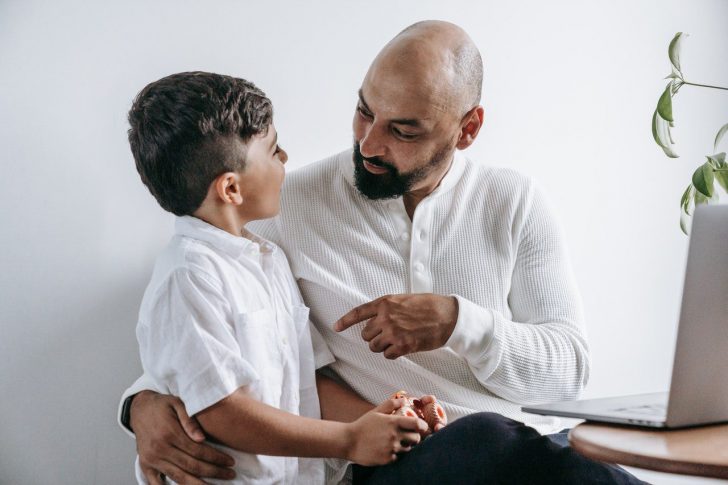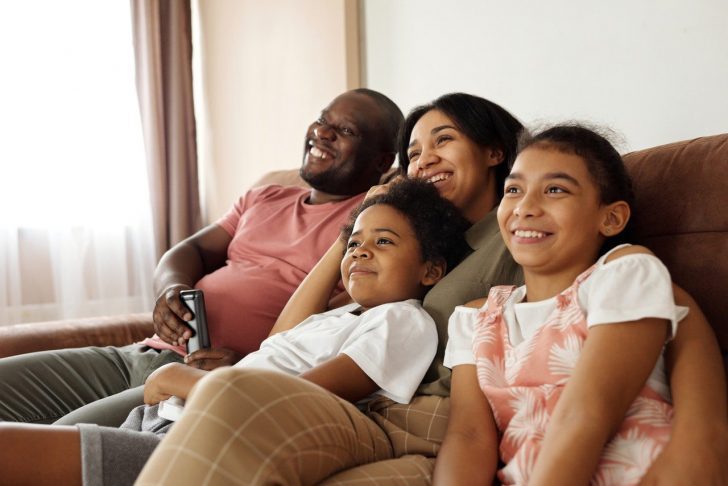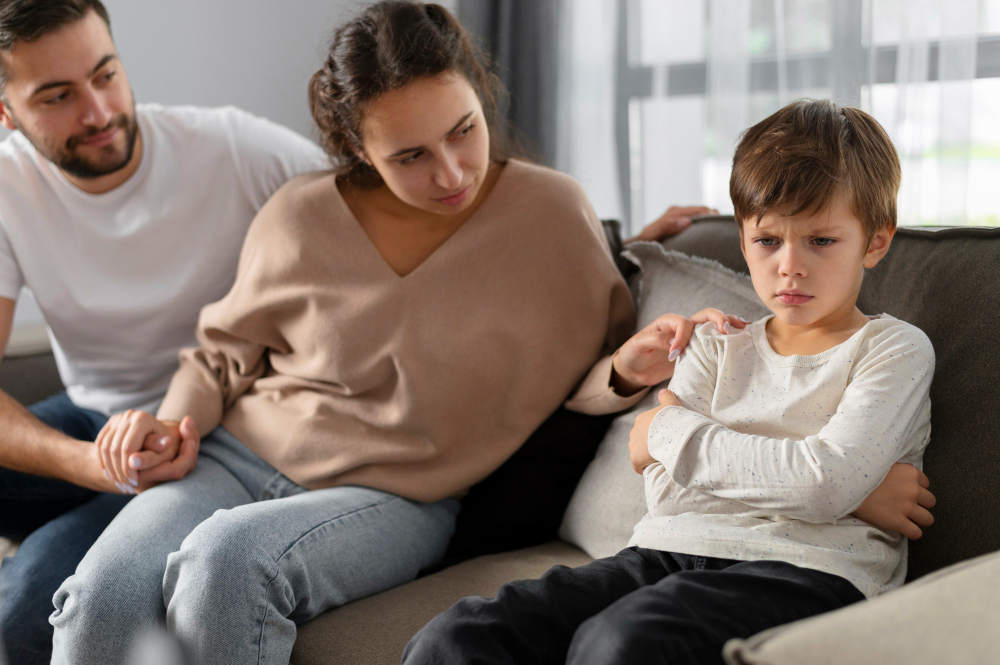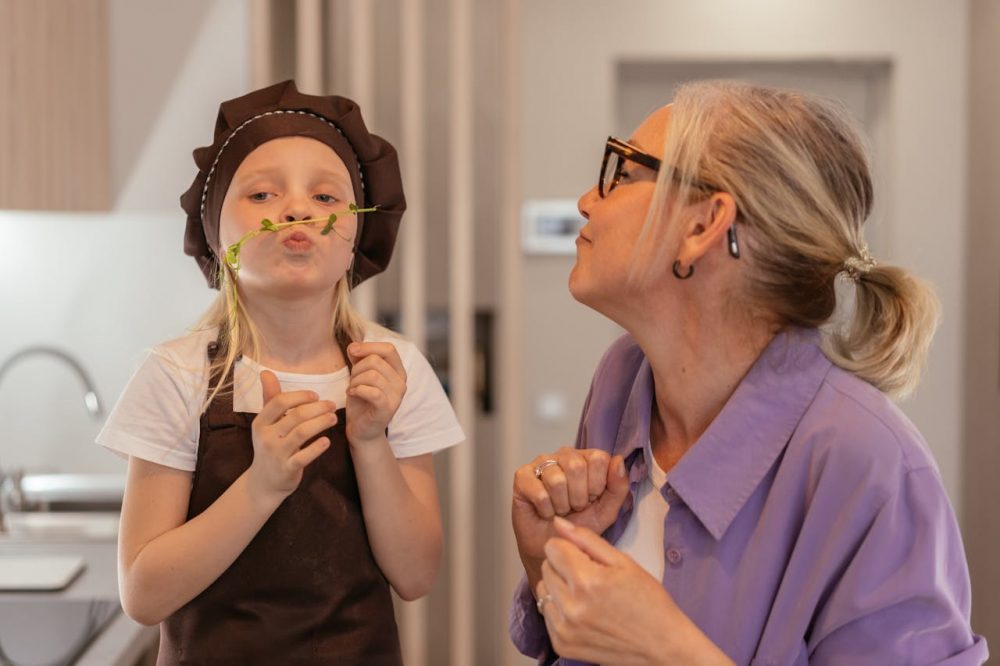Children say the darnedest thing- but that shouldn’t mean they should. Thanks to the pandemic, everyone from adults to children is stuck at home trying to do literally anything to kill time, and most of the time, this ends in watching a lot of TV shows and videos on YouTube. While there is nothing wrong with this, the problem is that most children tend to pick up after their favorite characters, which can influence their vocabulary, attitude, and body language.

Pexels | You won't see a single kid without some sort of a gadget these days
An Unusual Influencer
Sure, sometimes it's cute and adorable but other times, it can be way over the top and unbearable. That’s when you know that you’ve got a problem at your hands. According to Caroline Knorr from Common Sense Media, a non-profit organization working to help parents on how to deal with children in this technology-driven era, media works like a super-peer for kids. Children start looking up to super-peers rather than their parents, hence adopting a different behavior.

Pexels | You have to make sure your child understands that they must listen to you rather than a fictional character
Fixing the Problem
So, the question arises: what to do when your child starts acting up? Many people would assume that cutting down your child’s screen time or taking their gadget would be the right step but that would only lead to more temper tantrums and resentment. A better solution is provided by Matthew Johnson, the director of education at MediaSmarts, who says that parents should take out time to watch television with their children. As you watch the show with your children, you should ask your children about the behavior that a character portrays, giving your children a reminder that reality is much different than TV shows and that there are consequences to certain behaviors.

Pexels | The best way to regulate your kids' reaction to a fictional character is having open conversations about their rights and wrongs
The second way to keep your children from idealizing these characters is to simply communicate with them. Once your child begins to act out, you should explain to them that things they see on TV are not always accurate since children cannot differentiate between right and wrong at such a young age. Finally, as a parent, you should always be mindful of what your children are watching. If they are watching shows that are not appropriate for their age then you need to slowly introduce them to content that is more age-appropriate.
Wrapping It Up
Most of the time, these TV shows depict a hyper-sassy protagonist who works as a role model for your kids. Despite the fact that these shows are meant for 8-to-9-year-olds, they showcase the behavior of 10-to-11-year-olds because the only thing a child wants is to grow old. But, you can use the aforementioned tips to cut the sass out of your child before its roots deepen. Good luck!










